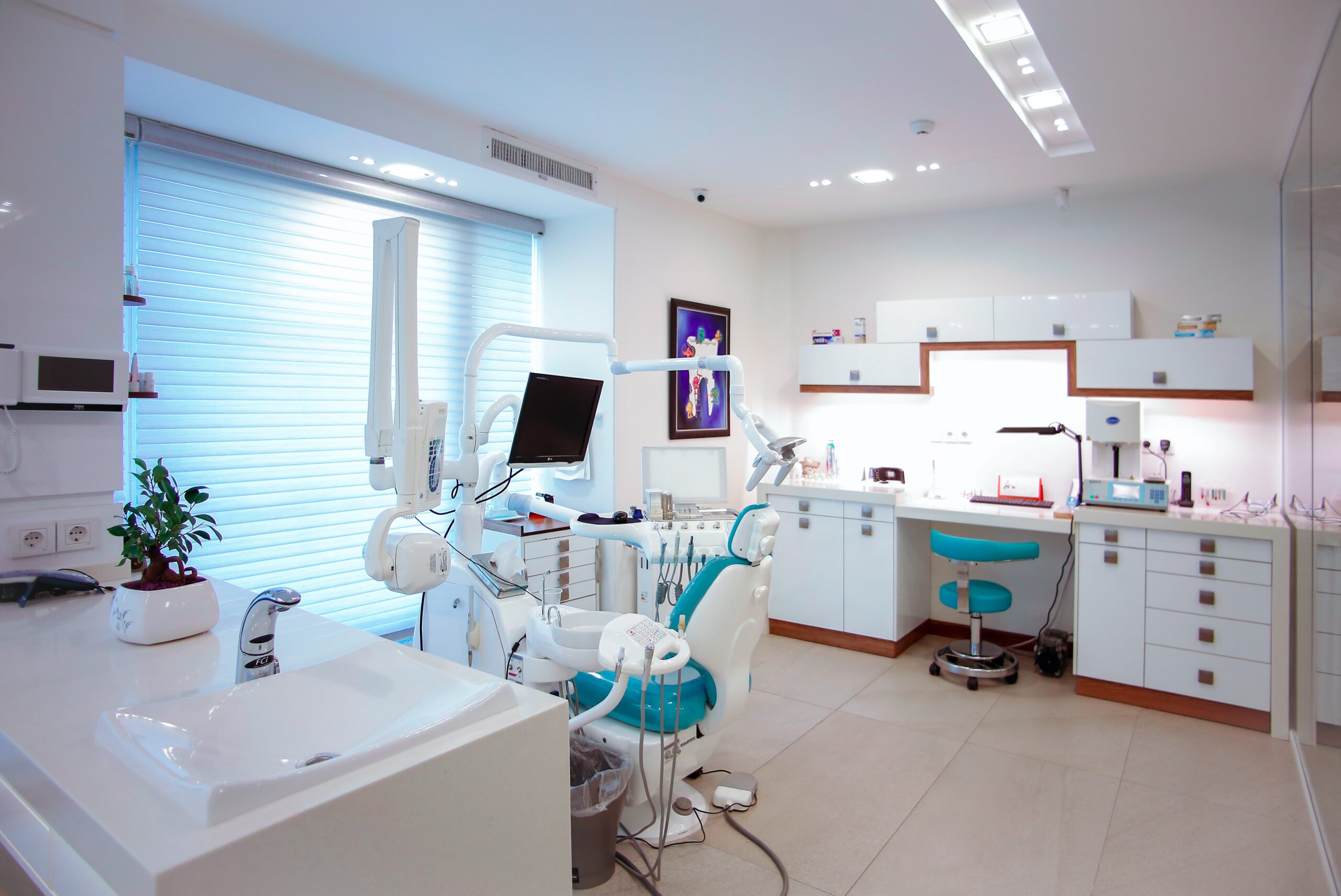
May 26, 2022
What EBITDA and SDE Mean for the Sale of Your Dental Practice

Establishing the fair market value of your dental practice is so much more than determining the market price of your home. Sure, a cash buyer with no financial baggage is more attractive when selling your house, but how does the buyer of a dental practice affect its value during a transition? Here, we discuss how this applies to your dental practice.
A dental practice’s value is rooted in how the practice is currently doing rather than its potential, whether the buyer is a dental service organization (DSO) with private equity backing or an individual who needs bank financing.
Enter earnings before interest, taxes, depreciation and amortization (EBITDA) and seller’s discretionary earnings (SDE). While each is a way to put a value on your dental practice, the bottom line depends on who the buyer is. Here, we break down the difference between EBITDA and SDE and what they mean for the sale of your dental practice.
What is EBITDA?
Simply put, EBITDA is a company’s current operating profitability. In dentistry, it represents the investment someone would make if someone else does the work. EBITDA reflects a value based on investment and is mostly used when a group is looking to buy the practice. The types of DSOs that focus on this bottom line include joint venture models, sub-DSOs, equity rolls, direct investments with private equity and competition-based models.
What is SDE?
In short, SDE represents the true take-home pay for a practice owner. It is the total of the owner’s salary, net income, and any tax treatment items or personal expenses paid for by the practice. This valuation method is used for individual buyers who need bank financing as a way for third-party investors to look at a practice.
How EBITDA and SDE impact the sale of your dental practice
Depending on your long- and short-term career or retirement planning objectives, you may need to adjust certain line items relative to the type of buyer you’re trying to attract. In the case of EBITDA, this non-static evaluation is affected by salary and rent, which are subtracted from the profits. For example, raising and lowering a dentist’s salary based on how taxes affect their take-home pay can adjust EBITDA calculations, leading to a “circular reference” that trades off to fit a practice owner’s goals.
Rent is another circular reference that significantly affects EBITDA when valuing a practice. Whether the practice is paying above or below the rent that is standard in that community, when the rent is adjusted to reflect the true market value, the amount is directly added to or subtracted from EBITDA, making the practice correspondingly more or less attractive to investors.
Why you should work with a professional broker
Answering the question of how much your dental practice is worth isn’t a cut-and-dry calculation, and working with a certified public accountant (CPA) versus a professional broker who specializes in the transition of dental practices can yield different results. In fact, most CPAs will calculate SDE but misidentify it as EBITDA, often meaning the seller won’t be able to make an educated decision due to misinformation. Likewise, adjusted EBITDA takes into account the dentist’s fair compensation and net income of the practice during the valuation process.
What’s more, just as there are different types of transitions for your dental practice, there are also different types of buyers. To ensure you have all the information you need to decide the right strategy for you, your staff and your dental practice, your team of advisors will help you understand the difference in value depending on the buyer, as well as lead you toward an informed decision based on your goal to stay and practice longer or sell and leave the practice.
It takes industry-specific expertise and skills to accurately determine a practice’s profit margin and potential value, taking into account practice type, patient demographics and so much more. Why leave arguably the largest transaction of your life to chance?
Bottom line
When managing a dental practice, it’s easy to get lost in all the ways to establish worth. As your most valuable asset, your dental practice is worthy of the time and investment to seek an appraisal. By understanding the basics of the valuation process and how EBITDA and SDE play a part, you can have an accurate sense of your career and retirement planning. The sooner you know how much your practice is worth, the earlier you can start enhancing its value in anticipation of a sale.
What’s next?
Contact the experts at Professional Transition Strategies to get all your financial questions answered related to your dental practice.